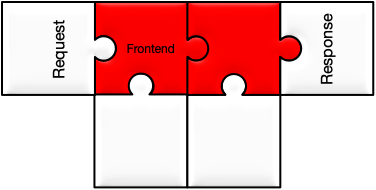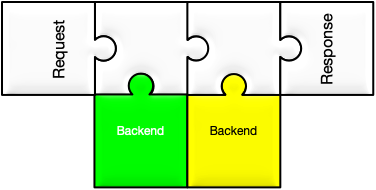This module provides a set of hooks that allow different hook implementations to be plugged as required to build up a working certificate authority.
Each hook implementation is a piece of a puzzle, the pieces of which can be swapped out to meet the exact needs of a given certificate authority. Only the hook implementations needed to meet a specific objective need be deployed, and the configuration can be hardened down to only those implementations required.



 Signs the certificate sign request.
Signs the certificate sign request.
 Returns a given certificate, either by transactionID or serial number.
Returns a given certificate, either by transactionID or serial number.
 Returns the certificate authority certificate used to sign the request.
Returns the certificate authority certificate used to sign the request.
 Returns the next certificate authority certificate that will be used to sign
future requests.
Returns the next certificate authority certificate that will be used to sign
future requests.
 Returns the chain of certificates used to sign the request.
Returns the chain of certificates used to sign the request.
 Returns the serial number to be used while signing a certificate
sign request.
Returns the serial number to be used while signing a certificate
sign request.
 Returns a generated public/private key pair.
Returns a generated public/private key pair.
 Returns the time to be used for a given signature.
Returns the time to be used for a given signature.
 Verify the parameters
included with the certificate sign request, such as the
challenge password.
Verify the parameters
included with the certificate sign request, such as the
challenge password.
 Store the newly generated certificate to locally or in a database
or directory.
Store the newly generated certificate to locally or in a database
or directory.
 Returns the certificate revocation list.
Returns the certificate revocation list.
 Return the status of a specific certificate from
the certificate revocation list.
Return the status of a specific certificate from
the certificate revocation list.